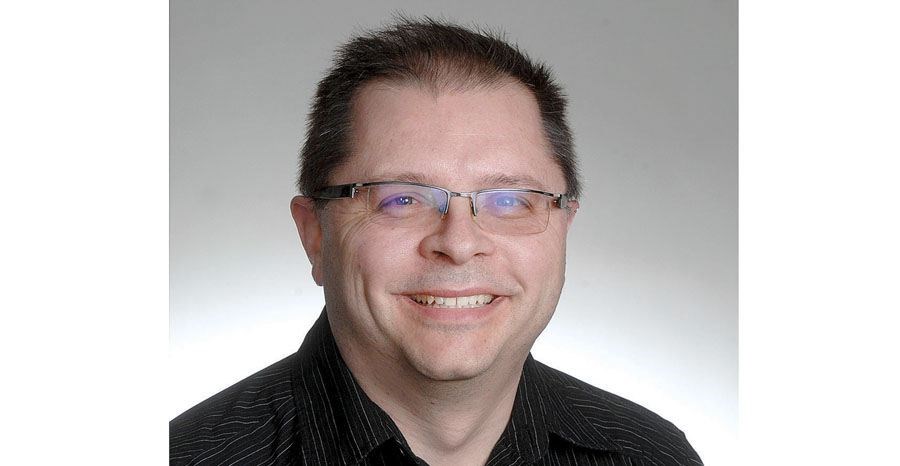Before he rose in the House of Commons on Thursday morning to apologize for his terrible behaviour the evening before, Prime Minister Justin Trudeau, along with interim Conservative leader Rona Ambrose and several other MPs, attended the National Prayer Breakfast.
When he spoke at the breakfast, he quoted Romans 12:3: "For by the grace given me I say to every one of you. Do not think of yourself more highly than you ought, but rather think of yourself with sober judgment, in accordance with the faith God has distributed to each of you."
In the context of what had happened barely 12 hours earlier and the public apologies to come later, Trudeau's use of that line from scripture revealed his understanding of how far he had crossed over the line and how he needed to work harder on his humility.
That particular letter from Paul to the faithful in Rome is short but straightforward in its encouragement of leadership through service to others and a loving, forgiving heart.
"Do not be overcome by evil, but overcome evil with good," he implores at the end of the letter.
Ambrose also used the words of Paul in her remarks, quoting his famous observations on love from 1 Corinthians 13: "Love suffers long and is kind; love does not envy; love does not parade itself, is not puffed up; does not behave rudely, does not seek its own, is not provoked, thinks no evil; does not rejoice in iniquity, but rejoices in the truth; bears all things, believes all things, hopes all things, endures all things."
As Canadian society becomes both more secular and more diverse in its religious beliefs, the National Prayer Breakfast thankfully remains an annual fixture on the Parliamentary calendar. The modern tradition of Christians inviting national political leaders to a special annual event to pray with them and for them started in 1953 with President Dwight Eisenhower. The idea migrated north to Canada in 1964.
Municipalities across Canada also host their own annual prayer breakfasts and locally, the Mayor's Prayer Breakfast has been held every March since 2001.
Whether they are held in Washington, Ottawa or Prince George, these events are unabashedly Christian. To be clear, nobody is implying that other religions don't believe in the power of prayer. The events are open to all members of all faiths to attend but the prayers offered are exclusively Christian.
And that's fine.
When Prince George's Sikh community take to the streets this morning for the Vaisakhi Parade, everyone is welcome to watch and to come down for some yummy food at the Exhibition Grounds but the parade itself will be a celebration of the Sikh faith.
Other denominations, both locally and nationally, often hold more private events with elected leaders and many politicians make a practice of regularly visiting temples, mosques and synagogues to show respect and engage residents. In Prince George, city councillors, mayors, MLAs and MPs can be periodically found in one of the two Sikh temples on days of worship and other special events.
Some atheists worry about the blurring of church and state but they're ignoring the social and political benefits of the faithful gathering together to pray. The sense of community and kinship is what fuelled the separation of homo sapiens from their primate cousins. From an evolutionary standpoint, language and faith were part of the unique toolkit developed by our early ancestors to survive. Without either of them, it's uncertain whether humanity as we know it would have ever existed.
In modern times, prayer breakfasts are sometimes seen as cynical exercises in political courtship between religious groups promoting their agendas and candidates seeking money and support. There is an aspect of that, no doubt, but there is a much deeper sincerity at work. Devout Christians really do want politicians of all stripes to be successful in serving Canadians and pray for that. Elected leaders really do want to serve their constituents as best they can and appreciate the prayers and well-wishes.
Most importantly, the politicians, regardless of their Christian faith or any religious belief at all, are reminded that there is wisdom in holy books much greater than their own and that their power pales in comparison to the much grander forces at work in the universe, divine or otherwise.
- Managing editor Neil Godbout



